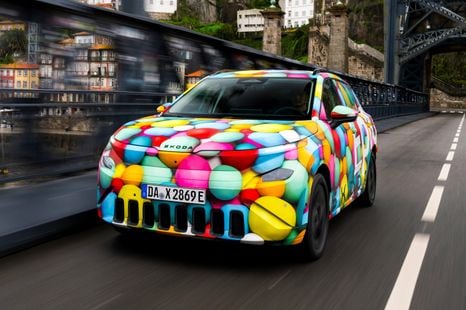

Dave Humphreys
2027 Skoda Epiq review: Quick drive
3 Hours Ago
There are many ways you can be taken advantage of by unscrupulous types when selling a car. Here's how you can avoid any trouble.

Contributor
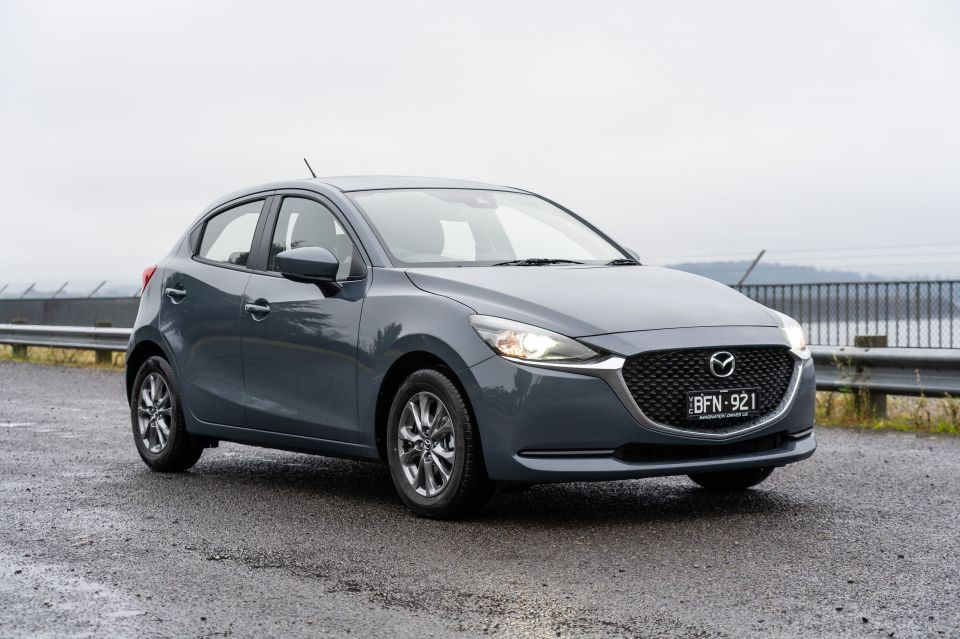

Contributor
Integrity is doing the right thing when nobody is looking – but it’s a virtue some members of society are still learning.
It’s a jungle out there when it comes to selling a car privately, but if you exercise common sense, trust your gut – and some rock-solid paperwork – you’ll be in for a breezy experience. One so good you’ll want to sell a car all over again.
Here are are 12 tips to making sure your private selling experience is as pleasant, safe and secure as possible.
We humans are hard-wired to detect anything dodgy. If anything feels off at any point, sense-check with somebody you trust. Chances are, your instincts are right. Anything that sounds too good to be true, probably is.
As well as being able to identify you and where you live, blurring your plates prevents ‘plate cloning’ – where a dodgy person on the internet with the same make, model and colour of your car, copies your plate and puts it on their car for nefarious purposes such as driving on tollways, racking up fines and undertaking other criminal activity.
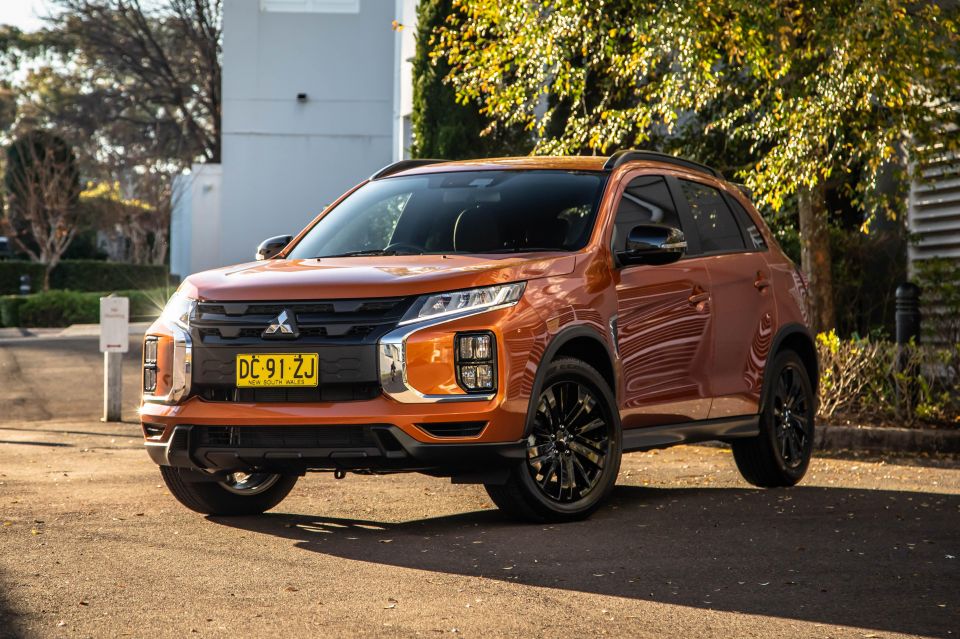
You won’t know your number plate has been ‘cloned’ until the letterbox starts choking with fines. If you don’t know how to hide your number plate in your ad’s photos, watch some YouTube videos which will guide you.
Scammers might contact you via your advertisement. Don’t click on any links at all – ever.
It might be a phishing attempt to get your personal information, install malware on your computer or worse, get access to your online banking log-in details.
Further to that, never transfer money to a buyer under any circumstances, unless it’s simply returning their deposit. Common scams include making an offer for more than you’re asking and wanting to ship the car overseas. Or someone is in debt, and has a friend, and a convoluted way to buy the car off you. Avoid stuff like this.
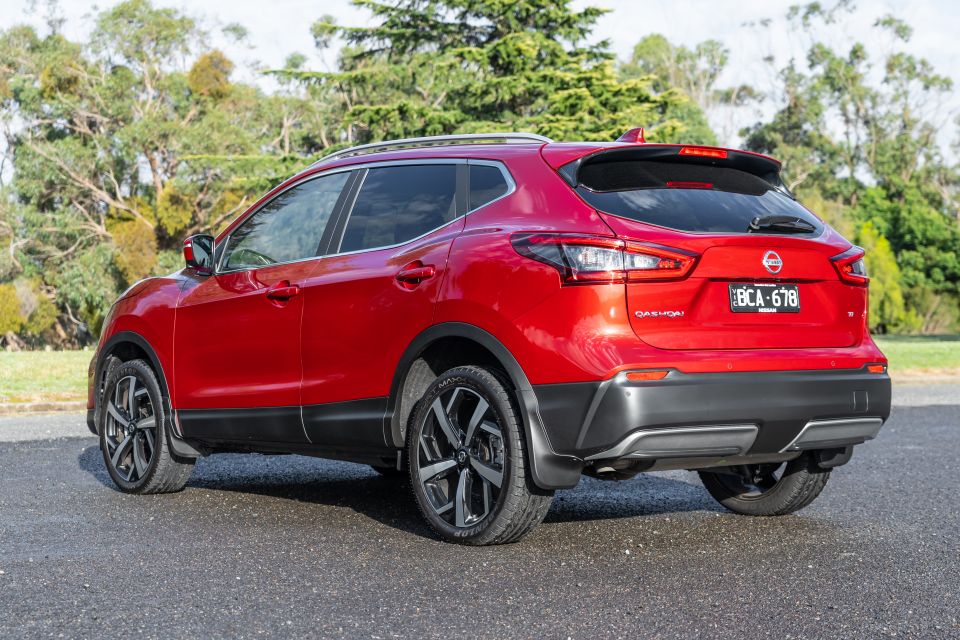
Try to sell the car to someone genuine who lives locally and you get a good feeling about – even if you have to lower the price to attract this kind of person.
Many scammers aren’t interested in your car at all – but they are interested in your identity. Stealing it, that is.
Try to keep yourself as anonymous as possible when fielding early enquiries – and consider making a new Gmail or Yahoo address just for taking messages about your car. Don’t give out a home phone number. You don’t need to exchange mobile numbers with a buyer until you’re wanting to call them to arrange an inspection and test drive.
If you get a lot of enquiries – and if you follow all our tips, you should! – you should gravitate towards the people who seem the most legitimate.
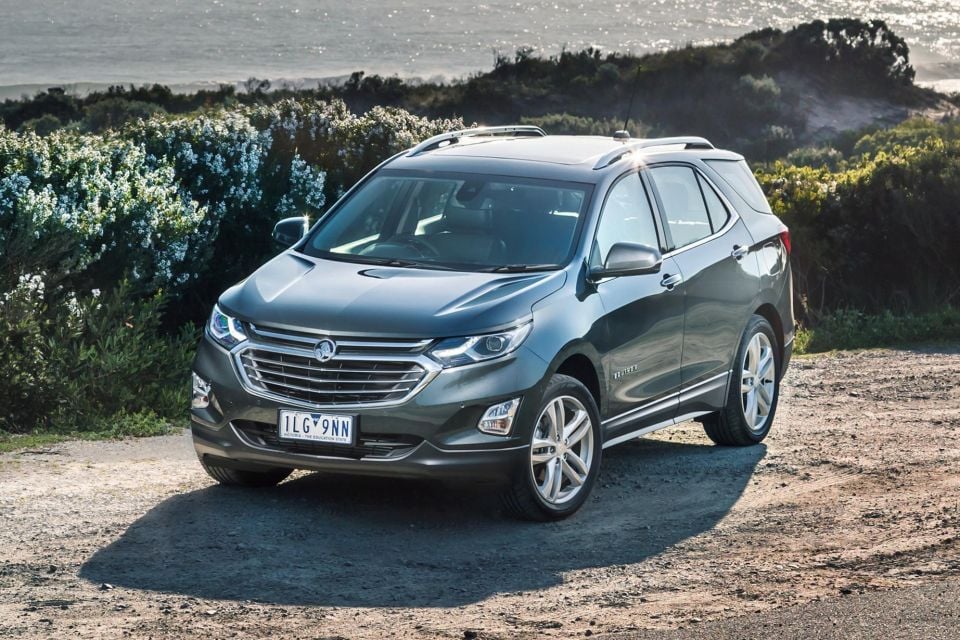
That’s not an invitation to discriminate, but it does mean giving preference to people in your local area who’ve put even the smallest amount of effort into their enquiry, reply promptly and seem respectful and polite.
Give lower preference to enquiries from interstate and avoid any from overseas. Also, there are plenty of time-wasters out there, and you will get enquiries from dreamers and tyre-kickers – try to weed them out early. Your time is valuable.
Speak on the phone before arranging an inspection and test drive to further cement the gut instinct and gauge how serious they are. Ignore “low-ballers” – people offering you way below your price. They’re hunting for vulnerable sellers who need to shift the car urgently.
Important: before they come to see the car, ask the buyer if they have a driver’s licence (you’d be surprised). If they don’t, you can ask them to get a customer service number or similar from your state or territory’s transport department. This requires them to prove their identity.
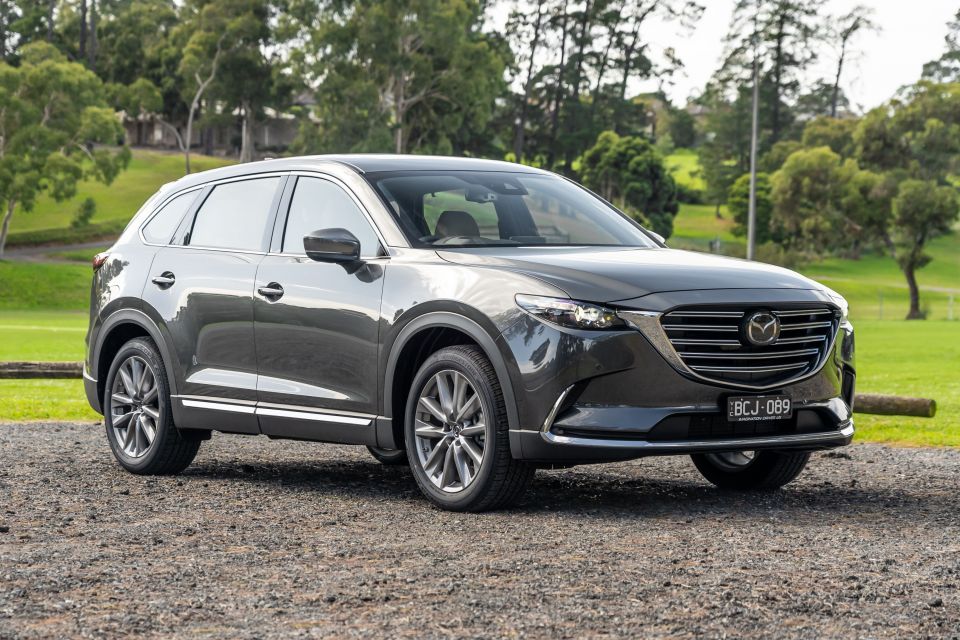
Also, avoid dealing with “middle men”. This is a red flag and common scam tactic. Deal directly with potential buyers only.
For the initial inspection and test drive, try to meet at a large, busy service station, or a shopping centre carpark – somewhere someone might come to your assistance if you need it. Tell a family or friend where you’ll be and what you’ll be doing.
If you want to crank the protect to the next level, you could meet the buyer and complete the inspection and test drive at a police station. If the buyer asks you to pick them up somewhere and then drop them off, decline. Conduct the business in the one place.
It can be unnerving meeting a total stranger in a carpark somewhere, and often they’ll bring along another person to help them check the car over. If that freaks you out, consider having another person with you when a potential buyer comes to check out the car. Let the buyer know beforehand that you won’t be alone.
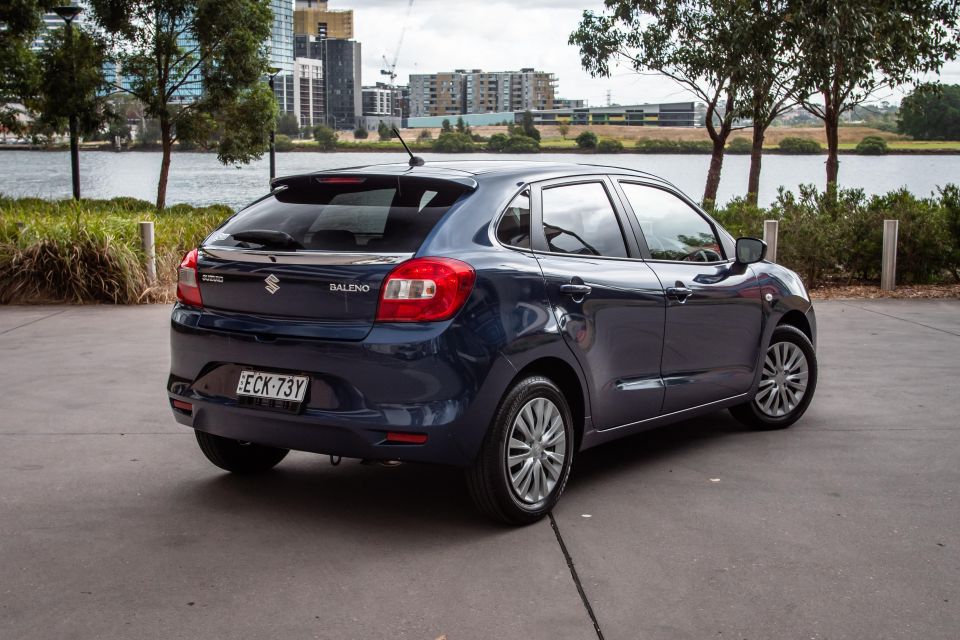
Never invite a total stranger to inspect a car where you live. If you can’t avoid it, don’t let them come inside. They could be window-shopping only to return later with a torch and a stocking over their head.
Grab the driver’s licence and take a quick photo of the front and back with your phone (or just write down all the details). Check that it hasn’t expired.
Many insurers will cover “unlisted” drivers in the case of an accident and simply charge a higher excess. But it’s worth checking. Call your insurer and ask.
Keep in mind that cars have been stolen by ‘interested buyers’ before. It’s extremely rare, so don’t stress too much, but be aware.
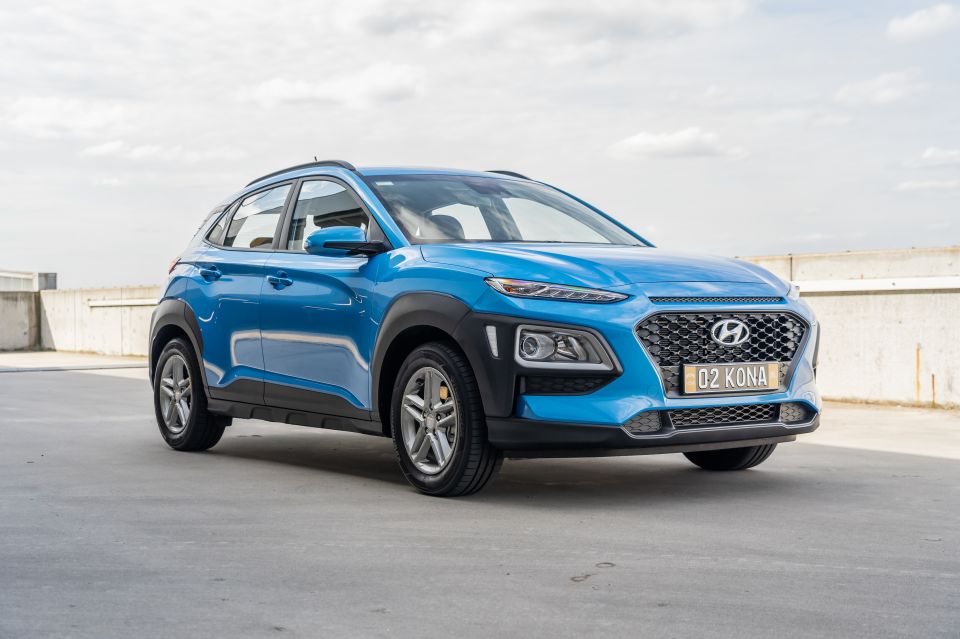
During the test drive, the thief will pull over to ‘check something’ and ask you to get out. If that ever happens to you, do what they say. Your safety is way more important than the car. Use common sense.
You can read our guide for accepting payment from a buyer here, but in summary: never hand over the keys until you can see the cash in your bank account.
If you’ve decided you want to be paid via electronic funds transfer (EFT), tell the seller you can’t give them the car until the funds have cleared. It takes a bit of trust on their part, but if they’re a decent person, they’ll understand.
If they don’t, you can explore other options such as an in-branch bank transfer or a bank cheque. Never accept unusual payment methods such as Western Union, PayPal, cryptocurrency or, say, iTunes gift cards. Use your common sense.
If you want to take a deposit from the buyer, write up a receipt, print two copies and get both yourself and the buyer to sign both. Likewise when the vehicle is sold, complete a proper Bill of Sale or proof of purchase.
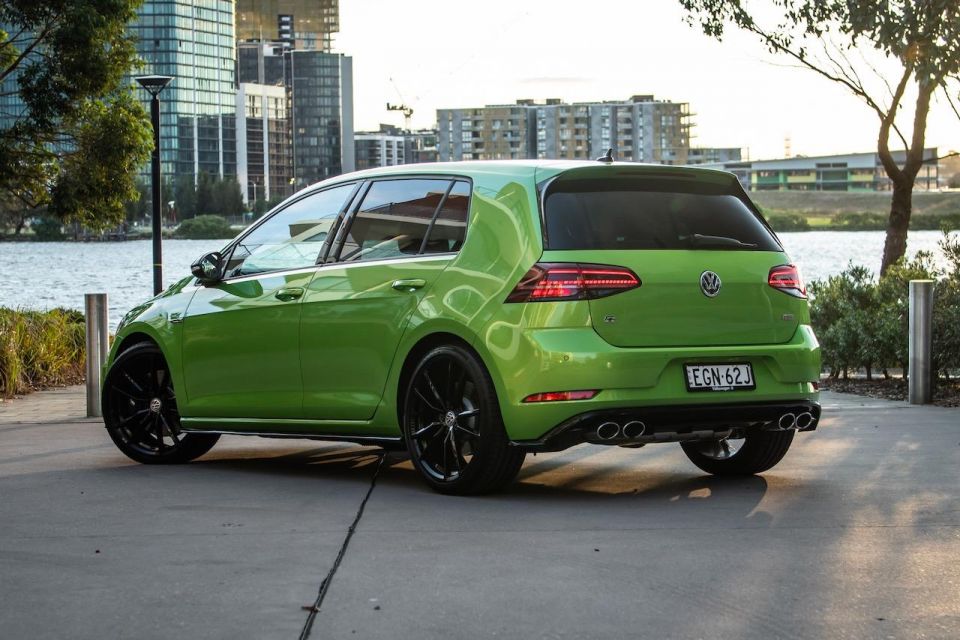
We’ve included a comprehensive example in our article about documentation you need to sell your vehicle. If you want to crank the security up a step further, get a Justice of the Peace to sign yours and the buyer’s Bill of Sale.
Once you’ve received the money and given the car to the buyer, let your local transport government authority know immediately that you’ve ‘disposed’ of the car. This helps cover you if the new owner racks up thousands of dollars in speeding fines or similar.
Read our guide to documentation when selling a car here, as it varies depending on your state and territory.
While a buyer should understand they’re purchasing a vehicle “as is” – meaning it’s on them to complete their due diligence before committing – you should still disclose whether the vehicle is a repaired write-off, any outstanding mechanical items that need attention, and especially if the car is encumbered (you are still paying off the loan).
This can limit your liability down the road if anything goes awry. But also, remember to be polite, respond promptly, be reliable and punctual. If you’re a good person to the buyer, chances are they’ll be a good person to you. Everybody is happy.
If you want to sell your car, click here and receive a price quickly.


Dave Humphreys
3 Hours Ago

Damion Smy
5 Hours Ago
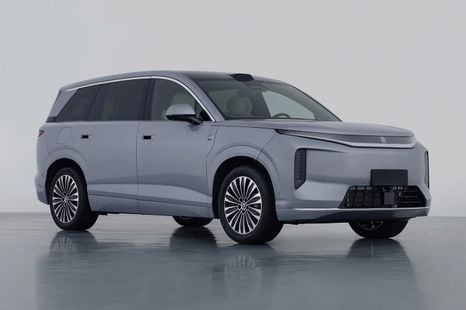

William Stopford
5 Hours Ago
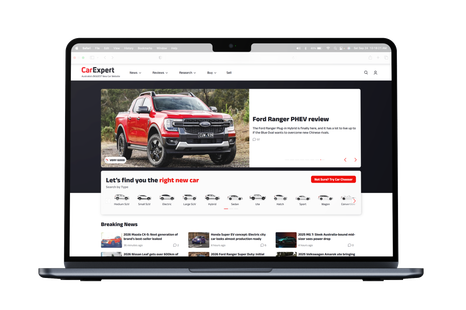

CarExpert
6 Hours Ago
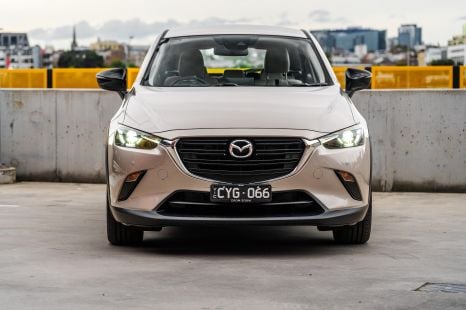

William Stopford
7 Hours Ago
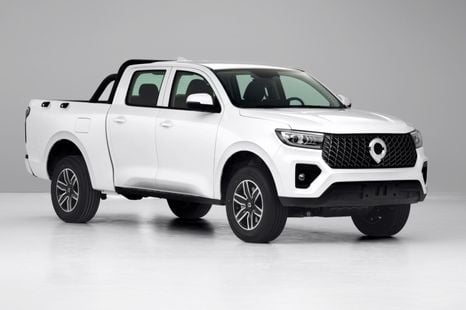

Damion Smy
8 Hours Ago
Add CarExpert as a Preferred Source on Google so your search results prioritise writing by actual experts, not AI.